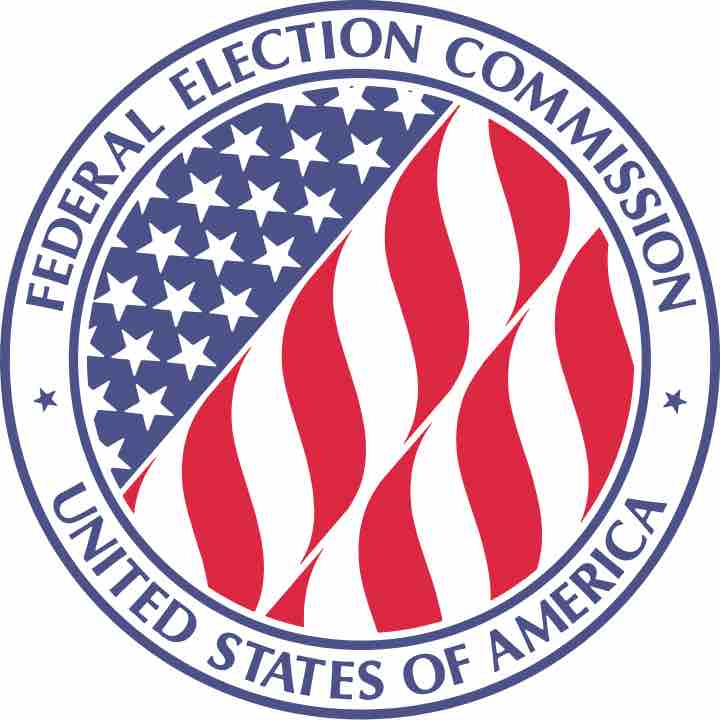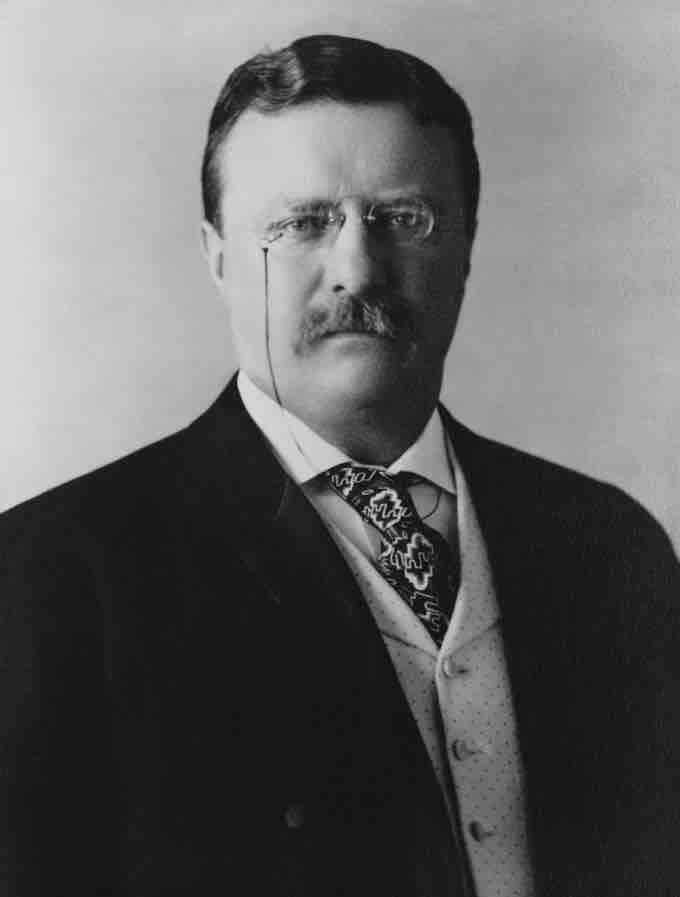Introduction
The Federal Election Campaign Act of 1971 is a United States federal law which increased disclosure of contributions for federal campaigns. It was amended in 1974 to place legal limits on the campaign contributions. The amendment also created the Federal Election Commission (FEC), an independent agency responsible for regulating campaign finance legislation . The FEC describes its duties as "to disclose campaign finance information, to enforce the provisions of the law such as the limits and prohibitions on contributions, and to oversee the public funding of Presidential elections."

Federal Elections Commission
Seal of the United States Federal Election Commission.
History
As early as 1905, President Theodore Roosevelt asserted the need for campaign finance reform and called for legislation to ban corporate contributions for political purposes. In response, the United States Congress enacted the Tillman Act of 1907, named for its sponsor Senator Benjamin Tillman. This act banned corporate contributions. Further regulation followed with the Federal Corrupt Practices Act enacted in 1910 with subsequent amendments in 1910 and 1925, the Hatch Act, the Smith-Connally Act of 1943, and the Taft-Hartley Act in 1947. These acts sought to:

President Theodore Roosevelt
President of the United States Theodore Roosevelt, who asserted the need for campaign finance reform and called for legislation to ban corporate contributions for political purposes.
- Limit the influence of wealthy individuals and special interest groups on the outcome of federal elections.
- Regulate spending in campaigns for federal office.
- Deter abuses by mandating public disclosure of campaign finances..
In 1971, Congress consolidated earlier reform efforts in the Federal Election Campaign Act (FECA), instituting more stringent disclosure requirements for federal candidates, political parties and political action committees. A political action committee(PAC) is any organization in the United States that campaigns for or against political candidates, ballot initiatives, or legislation. According to the FECA, an organization becomes a PAC when it receives or spends more than $1,000 for the purpose of influencing a federal election. Without a central administrative authority, campaign finance laws were difficult to enforce.
Public subsidies for federal elections, originally proposed by President Roosevelt in 1907, began to take shape as part of FECA. Congress established the income tax checkoff to provide financing for Presidential general election campaigns and national party conventions. Amendments to the Internal Revenue Code in 1974 established the matching fund program for Presidential primary campaigns. Following reports of serious financial abuses in the 1972 Presidential campaign, Congress amended the FECA in 1974 to set limits on contributions by individuals, political parties, and PACs. The 1974 amendments also established the Federal Election Commission (FEC) to enforce the law, facilitate disclosure, and administer the public funding program. The FEC opened its doors in 1975 and administered the first publicly funded Presidential election in 1976.
Buckley v. Valeo
In Buckley v. Valeo (1976), the Supreme Court struck down or narrowed several provisions of the 1974 amendments to FECA, including limits on spending and limits on the amount of money a candidate could donate to his or her own campaign. The court upheld a federal law which set limits on campaign contributions, but it also ruled that spending money to influence elections is a form of constitutionally protected free speech, striking down portions of the law. The court also ruled candidates can give unlimited amounts of money to their own campaigns.
Further Legislation
Following Buckley v. Valeo, FECA was amended again in 1976 and 1979. The aim of these amendments was to allow parties to spend unlimited amounts of hard money on activities like increasing voter turnout and registration. In 1979, the Commission ruled that political parties could spend unregulated or "soft" money for non-federal administrative and party building activities. Later, this money was used for candidate related issue ads, leading to a substantial increase in soft money contributions and expenditures in elections. The increase of soft money created political pressures that led to passage of the Bipartisan Campaign Reform Act (BCRA). The BCRA banned soft money expenditure by parties. Some of the legal limits on giving of "hard money" were also changed in by BCRA.